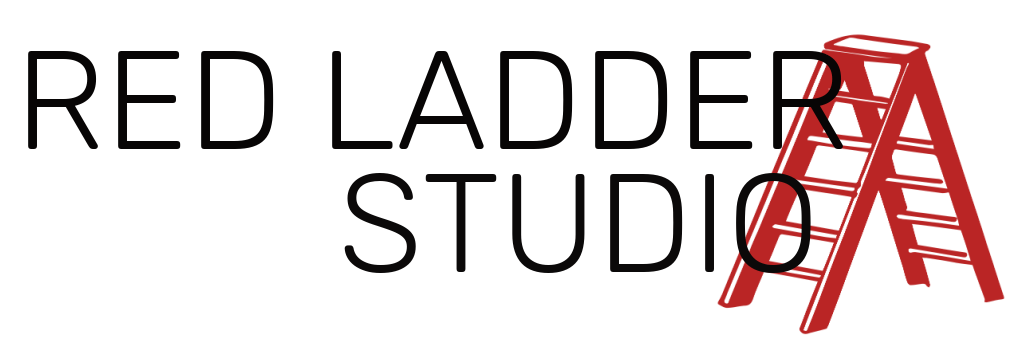What to do with craving and aversion
We have a huge barrel of wine, but no cups.
That's fine with us. Every morning
we glow and in the evening we glow again.
They say there's no future for us. They're right.
Which is fine with us.Rumi
For the past 20 years or so, I’ve pondered the meaning of this poem, one of my favourites. I gave a whole talk about it in 2005. It speaks to me of the absolute non-utilitarian nature of the dharma life, the realisation that we don’t need to do anything or get anywhere.
It came to mind again when I read this James Low quote:
The term dzogchen means ‘the great completion’. If something is complete you should leave it alone because if you try to do more when something is already complete it will be spoilt.
Of course, mostly we don’t feel as if things are complete. Be it my life, me as a person, even at this very moment, something is always missing. There’s the sense that something is wrong or that there’s something I need to do. This is a kind of dukkha and it’s the dukkha that leads to craving and aversion, wanting and not wanting.
Calming our reactions and looking into them
Below you’ll find two audios for working with desire and ill-will, craving and aversion. The first is what you could call a shamata meditation, calming the mind. The second is vipassana meditation, an insight inquiry into the mind.


